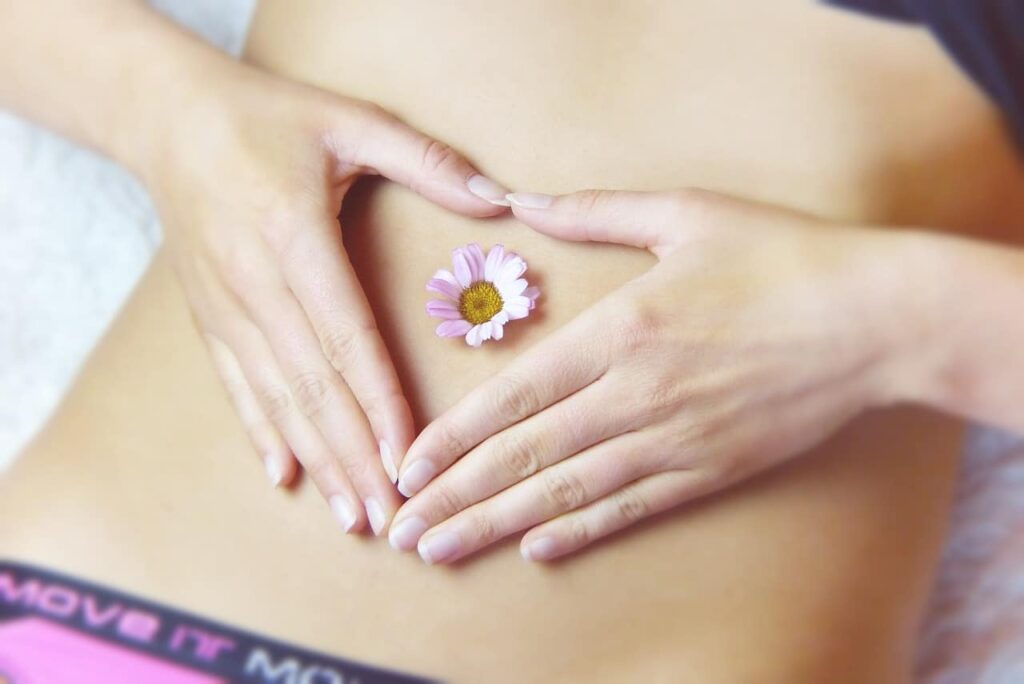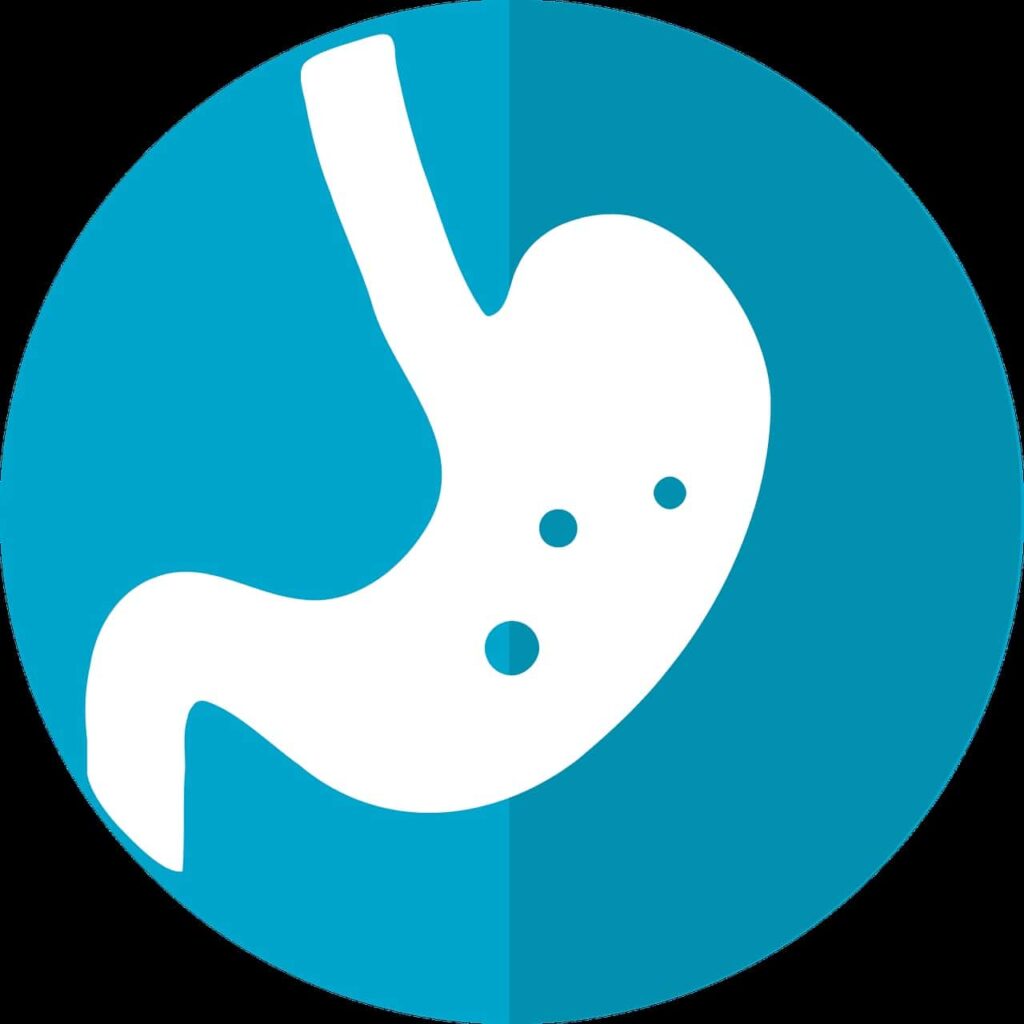Water is quite different from food. It leaves your stomach faster than solid foods. This is because solid foods need to be broken down and liquified further. That means they usually take a bit longer to leave your stomach. But how soon does water leave your stomach after you drink it?
Table Of Contents
−- Water’s journey through the body
- How long does water stay in your stomach?
- How long does it take water to leave your stomach?
- Can I absorb water in other ways?
- Best ways to drink water for healthy bodies
- I drink lots of water but still feel thirsty!
- Can I drink water on an empty stomach?
- How long does it take for water to digest when dehydrated?
- Does water help digestion?
- How does the body remove excess water?
- The bottom line
Let me take this slow and break it down for you, starting with the moment you sip water.

Water’s journey through the body

How long does water stay in your stomach?
How long does water stay in your stomach? Once you drink water, it travels through the esophagus. The process of water absorption into the bloodstream starts immediately. But, first, it goes through the esophagus. Water entirely emptying from the stomach varies from 5 to 30 minutes.
If on an empty stomach, it can pass through the stomach, the small and large intestine in 5 minutes.
However, if you sip it immediately or while eating, it could take 45 minutes because the stomach first works on food, then water.
How long does it take water to leave your stomach?
Liquids typically pass through your stomach fast. For example, after drinking a glass of water, just half of it is expected to remain in your stomach after 10 minutes. It takes 10 to 20 minutes for normal water to leave your stomach. Simple liquids like clear juices, tea, and sodas can take 20 to 40 minutes. And more complex liquids, such as smoothies, protein shakes, and bone broths, can take 40 to 60 minutes to leave your stomach.
Food consumed will also determine how long it will take before water is digested. It takes 5 to 120 minutes for the water to be fully absorbed into the bloodstream. The sooner water leaves the stomach, the faster it is absorbed. Thus, quicker hydration will occur.
Tip! If you want water to digest quickly, especially when thirsty, drink it on an empty stomach or before eating.
Water then gets into the small intestine, which absorbs massive quantities of the water. Finally, the remaining absorption job is done in the large intestines, which squeeze out the remaining water in ingested food.
Eventually, water gets to the kidneys, which filter toxins. Keep in mind kidneys need a lot of water to function well. So most kidney diseases occur when they don’t receive enough water.
In most cases, our kidneys report dehydration by changing urine color from white to bright yellow.
Can I absorb water in other ways?
Yes, it is possible to absorb water in other ways. Here are other things you can do to stay hydrated without drinking water:
Milk
Milk is healthier and more hydrating than water. Besides, it stays longer in the body than water.
Fruit ice
Fruit ice is an excellent alternative to water. It contains a reasonable amount of cold water to keep you hydrated.
Tea
4 to 6 cups of tea are enough to keep you hydrated a day. Not to mention that studies have shown that tea helps prevent heart diseases. Bonus! Tea is a healthier alternative to caffeinated drinks and carbonated drinks.
Oatmeal water
Oatmeal is very healthy and absorbs water when cooked. You can have them for breakfast. To make oatmeal water, do the following:
- Soak the oats in water for 20 – 25 minutes
- Pour into a blender
- Add milk, water, and vanilla extract to the oat and blend.
- Filter the mixture
- Add sugar
- Drink.
Fruits and vegetable smoothies
They are an excellent way to stay hydrated. Try blending peaches, zucchinis, carrots, strawberries, spinach, cauliflower, and other veggies. Most vegetables contain 94% water. The good thing is that you have the freedom to decide which vegetables and fruits to add.
Best ways to drink water for healthy bodies
It is recommended we drink at least 8 glasses of water daily for our bodies to function efficiently. So, strive to keep your body hydrated all the time. Here is how to do that:
- Drink at least a glass of water after waking up. This helps activate your organs and remove toxins from your body.
- Drink a glass of water 30 minutes before every meal to help digestion, and make you feel less hungry. Also, don’t forget to have another glass of water 1 hour after eating. This will help in the absorption of more nutrients from the food.
- Sipping a glass of water right before a bath will help lower your body temperature and blood pressure.
- Before going to bed, drink another glass of water to refill fluids that might be lost at night and to aid the cell renewal process.
- Ensure to drink a glass of water every 2 hours within the day.
- Take water before and after a workout session. The amount of water you need to drink depends on your health, weight, and weather.
I drink lots of water but still feel thirsty!
A lot of people experience this. Some studies estimated that approximately 95% of North Americans are constantly dehydrated. Fortunately, drinking the right amount of water daily can be fixed. Bonus! The right amount of water for you is half your weight in ounces. For example, if you are 160lb, you should drink 80 ounces daily — sadly, few people do that.
Can I drink water on an empty stomach?
Yes, you can. Water on an empty stomach help gets rid of waste in the large intestine. It also helps ease back pain and weight loss, and a claim that it heightens the level of thirst. However, you need to be cautious not to overdo it, as that will increase cellular liquid, causing a reduction in mineral concentrations in the stomach. This can lead to a low metabolic proportion, which causes high BP, heart diseases, aging diabetes, and cancer.
How long does it take for water to digest when dehydrated?
When on an empty stomach or dehydrated, water will start showing up inside the bloodstream for up to 5 minutes. Half the amount can be absorbed in 11 to 13 minutes and completely absorbed in 75 to 120 minutes.
Does water help digestion?
Sure, it does. Besides helping break down food, it also helps dilute the digestive fluids and prevents constipation.
How does the body remove excess water?
Our bodies remove excess water in four main ways: the skin, kidneys, mouth (when you breathe), and large intestines. This happens after our bodies have used the necessary amount to function properly.
The bottom line
Water plays a crucial role in our bodies. Drinking enough every day (as we have seen) is crucial if you want to stay hydrated and healthier. I hope you understand how long water stays in your stomach after drinking it?

Jay
Jay is a health and wellness enthusiast with expertise in water quality and nutrition. As a knowledgeable advocate for holistic well-being, Jay successfully manages Type 2 Diabetes through informed lifestyle choices. Committed to sharing reliable and authoritative insights, Jay combines firsthand experience with a passion for enhancing health."
